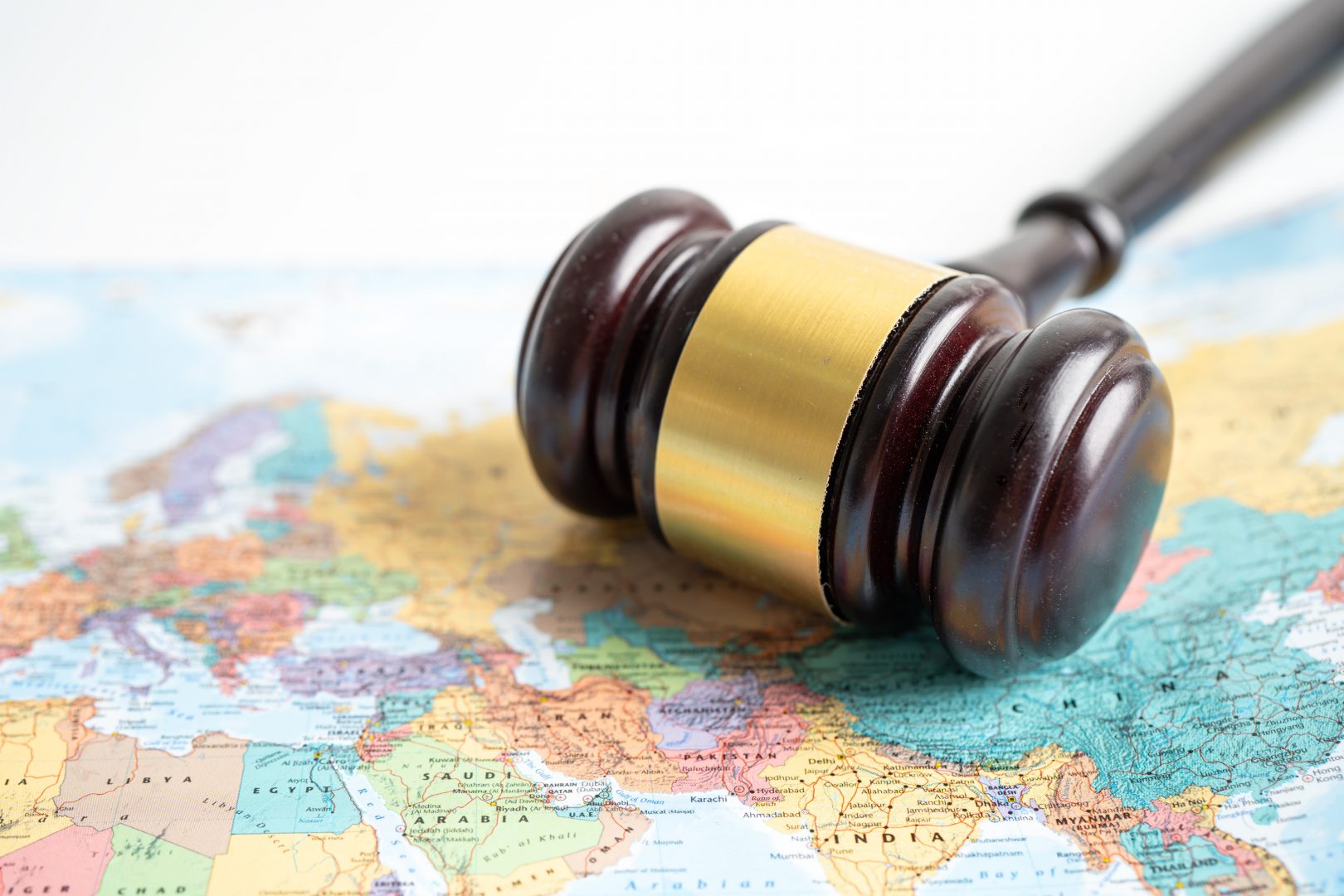
The Moscow District Arbitrazh Court refused to recognize decisions from US courts, stating a lack of evidence of reciprocity under international principles. Decisions made before February 28, 2022, were considered irrelevant in the ruling (case No. A40-242631/2022, dated 24 July 2023)
The court cited Government Decree No. 430-r of March 5, 2022, which listed “unfriendly states,” including the United States of America. The applicant needed to provide evidence demonstrating that, in the absence of an international treaty, Russian court decisions are currently enforced in the US based on principles of international courtesy and reciprocity, meaning after February 28, 2022, following Presidential Decree 79 of the same date, which declared US actions against Russia as unfriendly, and Government Decree 95 of March 5, 2022, which introduced the list of unfriendly states.
“Counter-sanctions-regulation” as a post-sanctions ordre public
“Counter-sanctions” presidential decrees and government regulations, such as the list of “unfriendly countries,” are officially acknowledged as components of Russian public order. They are considered in disputes concerning the recognition of foreign decisions, as stated in the Rostov Region Arbitrazh Court ruling dated January 16, 2024, Case No. A53-33710/2023.
LCIA award: Switzerland as an “unfriendly” state and “inequality” of the parties
Case No. A32-47144/2022 involved a Swiss company’s request against a Russian company for the recognition and enforcement of an award from the London Court of International Arbitration (LCIA) issued on February 8, 2022, predating the imposition of sanctions and the formation of the list of unfriendly states.
In a ruling dated October 16, 2023, the Arbitrazh Court of the North Caucasus District determined that enforcing the award would contradict the public policy of the Russian Federation, as established by several Presidential Decrees and a Government Order from March 2022. The court highlighted that since March 2022, the Swiss company had unjustifiably halted its operations in Russia, while the Russian company was objectively unable to conduct business activities in Switzerland and other “unfriendly countries.” These circumstances indicated an “inequality” between the parties to the contract.
Special permission from a government commission.
In case No. А53-33710/2023, with a ruling dated January 16, the Rostov Region Arbitrazh Court declined to recognize a foreign judicial act in favor of an Estonian company. The dispute revolved around a decision from the London Association of Maritime Arbitrators against a Russian company. The court cited several reasons for its decision, including inadequate notice and an invalid arbitration clause. It also highlighted that the Russian Federation’s new public policy restricted the enforcement of obligations to foreign creditors without “specific permission from a government commission”.
Positive decisions
However, there remains ambiguity in Russian case law, as being an applicant from an unfriendly jurisdiction doesn’t always lead to the rejection of recognizing foreign decisions. For instance, in the rulings of the Arbitrazh Court of the Novosibirsk Region dated August 30, 2023, in case No. A45-19015/2023, and the Arbitrazh Court of the Urals District dated May 18, 2023, in case No. A07-32862/2022, the courts acknowledged decisions favoring German (FOSFA International award) and Swedish (MKAS-award/International Commercial Arbitration Court at the Chamber of Commerce and Industry of the Russian Federation) companies for the recovery of money from Russian companies. The courts emphasized that despite the decisions benefiting a foreign creditor, they didn’t contravene the public policy of the Russian Federation.
Read our previous articles on this topic for further insights:
No protection for trademarks in Russia – Koch Boës – Rechtsanwälte (kdb.legal)
Enforcement of English Judgments in Russia: Reciprocity (kdb.legal)

